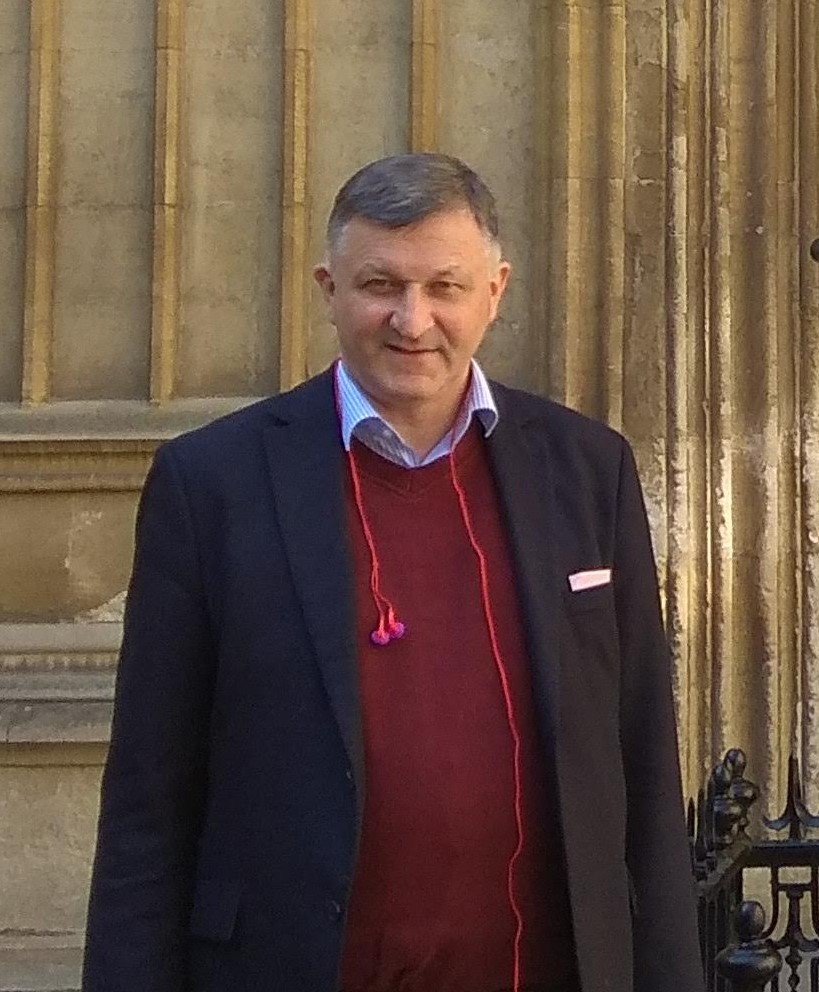
Since Max Weber’s study »The Protestant Ethic and the Spirit of Capitalism«, there has been a debate about the extent to which religious doctrines shape and determine the economic and social system of a country. Thirty years ago, the Danish sociologist Gøsta Esping-Andersen attracted attention with his book »The Three Worlds of Welfare Capitalism«. He argued that Catholic social teaching had been crucial in shaping the model of the corporatist welfare state that exists in Germany and Austria, for example. In their current essay »Religious Grammar of the Welfare State in Poland«, Stanislaw Fel and Kamil Michaluk explore the extent to which Catholicism, which is dominant in Poland, has shaped the welfare state there.
After the fall of communism, according to the authors, free Poland chose a »mixed model« in which Catholic traditions, but also liberal influences, became effective. Social policy reforms in the past 30 years were also strongly dependent on the extent to which the respective parliamentary majority was close to Catholic social teaching.
Apart from this, the Church with its diaconal institutions plays a major role in welfare practice. Some services, such as hospice work, would practically not exist without the commitment of the Church’s Caritas.
